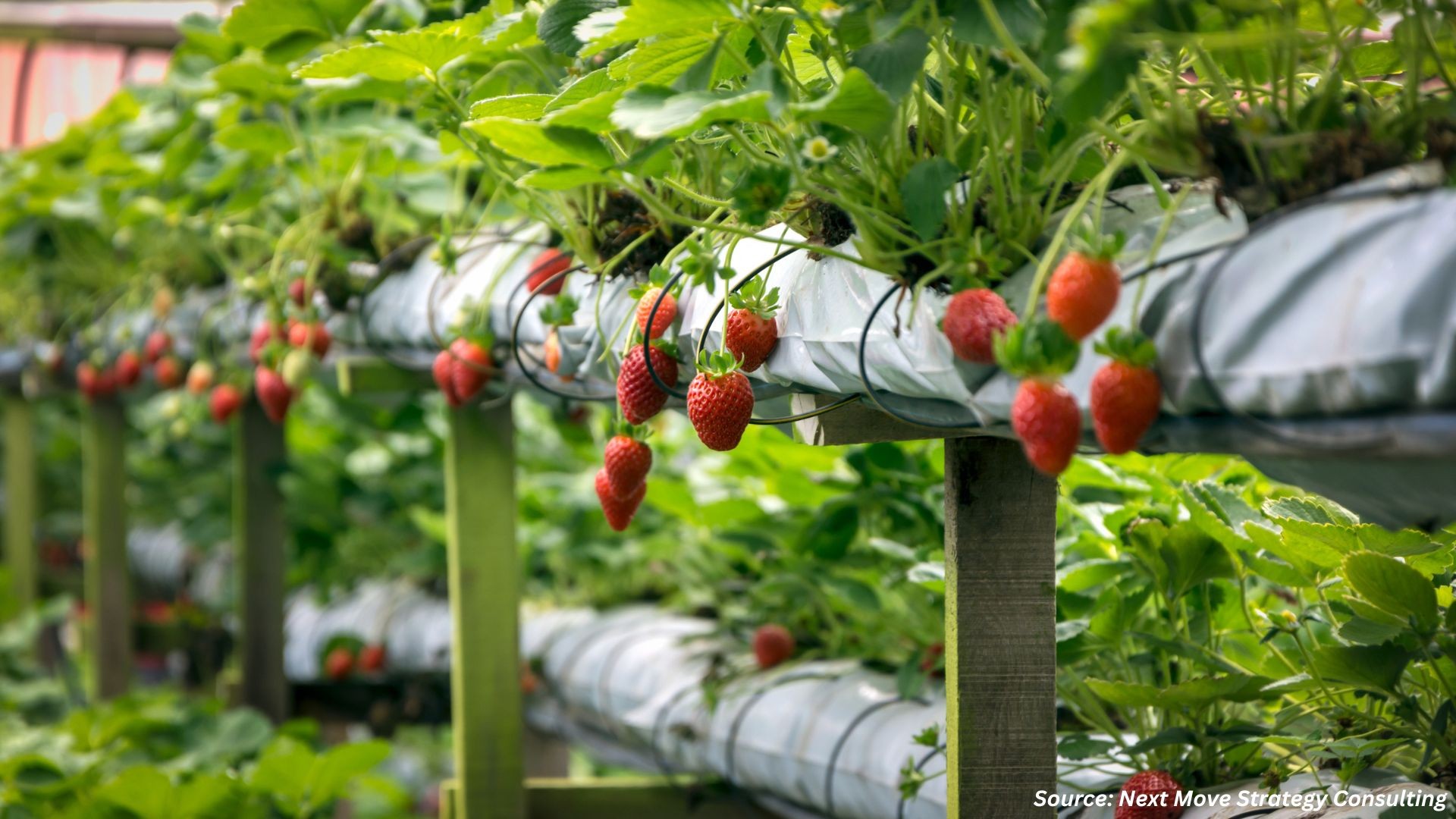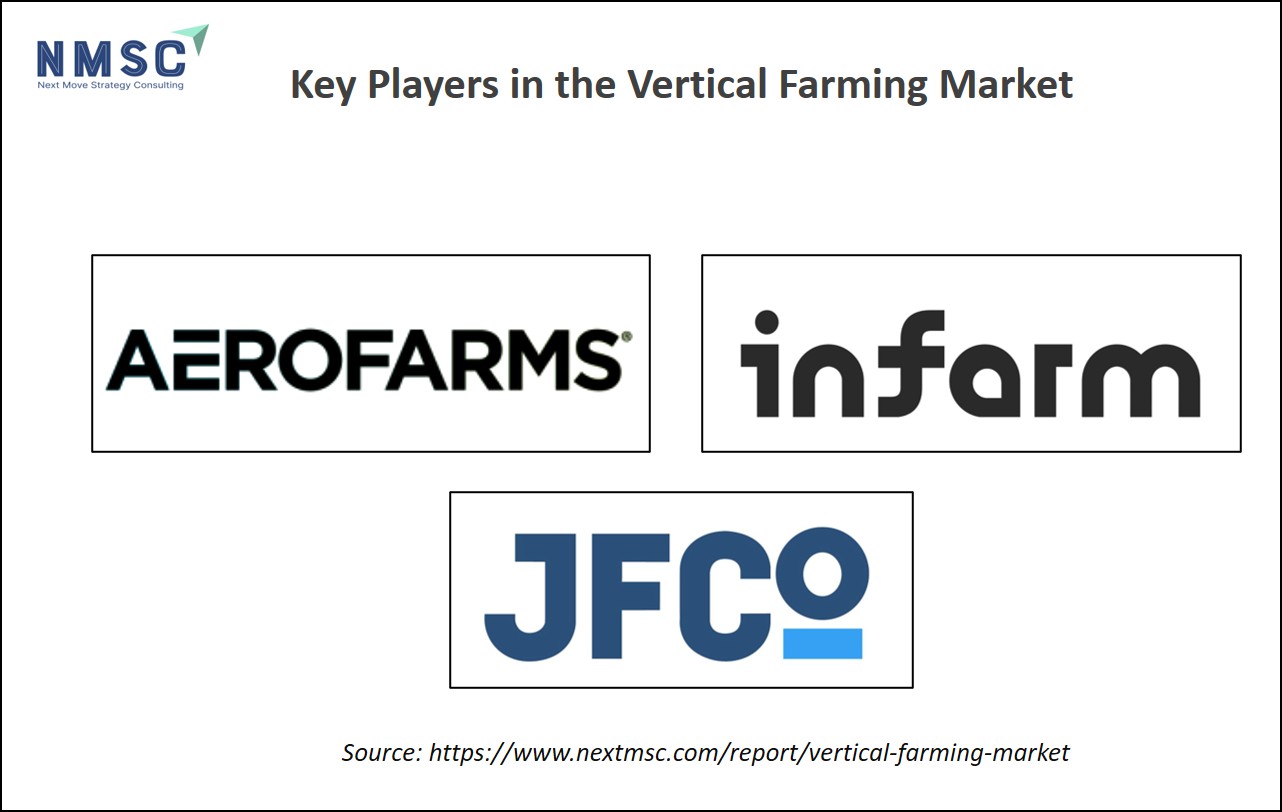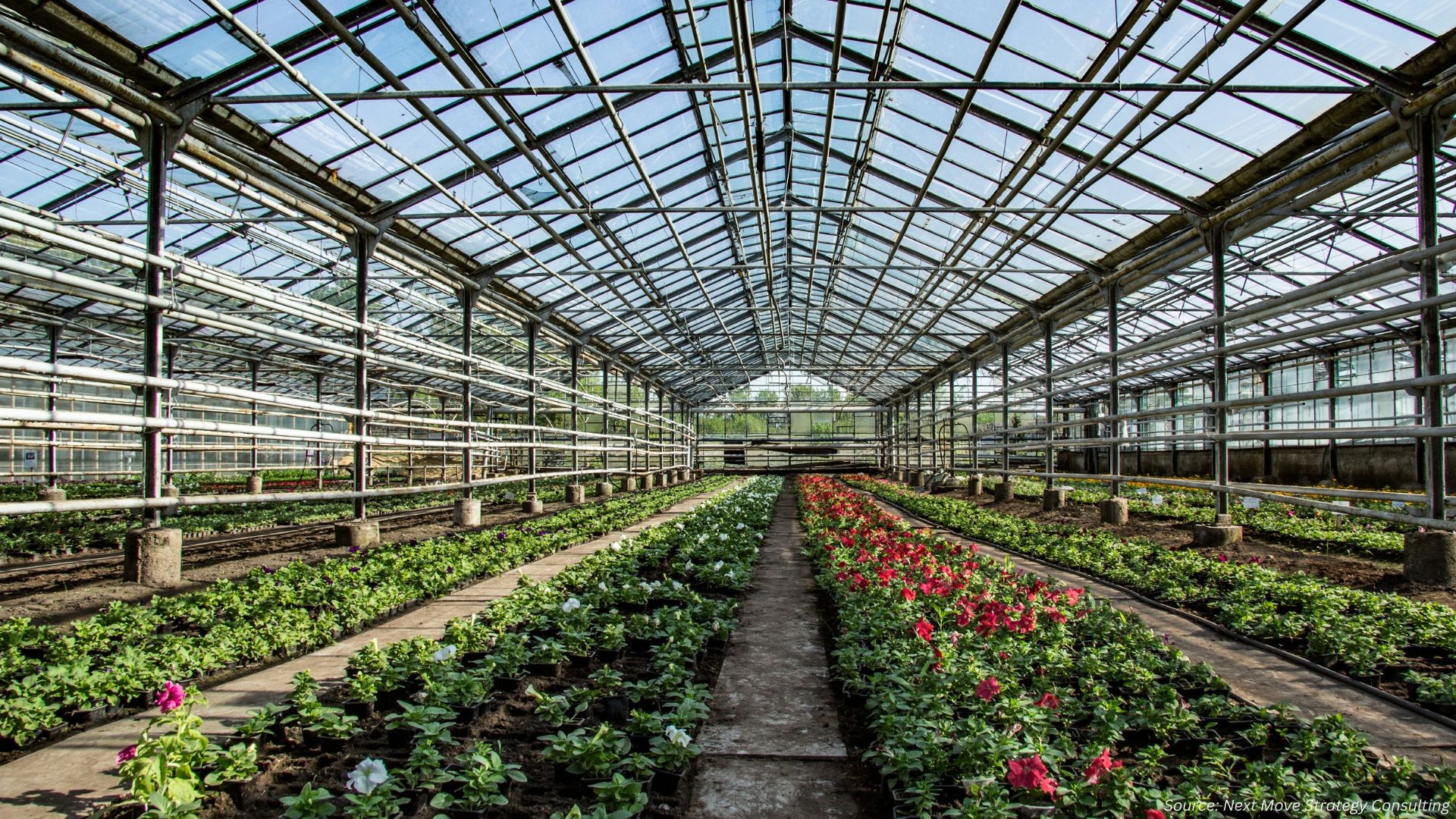Vertical Farming Innovations and Industry Insights
Published: 2025-09-18

Vertical farming is rapidly reshaping how communities access fresh, nutritious produce while addressing sustainability challenges. With advancements in technology, strategic financing, and ambitious expansion plans, leading companies in this space are demonstrating both the promise and complexity of indoor agriculture.
AeroFarms Strengthens Operations with Debt Refinancing and Equity Funding
AeroFarms, a leading indoor vertical farming company and top supplier of microgreens to the U.S. retail market, has refinanced its debt to sustain operations at its Danville, Virginia farm. Additionally, the company has secured equity financing to support current operations and fund pre-construction activities for the expansion of a second farm.
AeroFarms Secures Equity Financing to Expand Vertical Farming Operations
“Our vision is to provide locally produced, nutritious microgreens to communities worldwide while conserving natural resources,” said Molly Montgomery, Executive Chair and CEO of AeroFarms. “We have recently proven that vertical farming can be sustainable, profitable, and capable of delivering fresh greens at scale. I would like to thank our financial partners for believing in our mission and providing the financing to support our Danville operations and initiate pre-construction activities for a second farm.”
The equity investment came from existing investors, including Grosvenor Food & AgTech (GFA), Ingka Investments, Cibus Capital, ACEG, and others.
“We believe AeroFarms has the potential to play a pivotal role in the global fresh food supply chain by delivering nutritious greens at scale to local regions worldwide,” said Stephan Dolezalek, Managing Partner of GFA. “AeroFarms has demonstrated its ability to translate the transformative benefits of vertical farming into a viable and profitable business. To support this progress, GFA and our investing partners have committed funding to sustain current operations and enable the company to embark on its next phase of growth.”
AeroFarms Refinances Debt with Siguler Guff to Support Danville Operations
AeroFarms has refinanced its previous debt facility from Horizon Technology Finance through an asset-based loan provided by Siguler Guff. The new financing fully paid off the prior debt and includes additional funds to support ongoing operations at the Danville farm. Closed in May 2025, the loan offers a more favorable interest rate, interest-only payment terms, and a carve-out for eligible equipment financing.
Waterside Commercial Finance Advises AeroFarms on USDA Financing
Waterside Commercial Finance acted as the exclusive USDA finance advisor to AeroFarms, utilizing its proprietary Bridge-to-USDA Program to structure the transaction. The firm originated the opportunity, led the underwriting process, coordinated the bridge loan, and sourced the permanent USDA lender.
Summary:
-
Equity Financing Secured: AeroFarms raised funds from existing investors, including GFA, Ingka Investments, Cibus Capital, and ACEG, to support current operations and pre-construction activities for a second farm.
-
Debt Refinancing Completed: The company refinanced its previous debt through Siguler Guff, offering better interest rates, interest-only terms, and additional funds for the Danville farm.
-
USDA Financing Advisory: Waterside Commercial Finance served as the exclusive USDA finance advisor, managing underwriting, bridge loan coordination, and sourcing the permanent USDA lender.
Jones Food Company Shuts Down Amid Rising Costs and Economic Pressures
UK-based vertical farming company Jones Food Company has entered administration, resulting in the closure of its operations.
Jones Food Company Enters Administration, 61 Jobs Lost
According to a notice in the Gazette, administrators have been appointed to oversee the process. The company ceased operations on April 7, leading to the redundancy of 61 employees. Jones Food Company (JFC) was primarily backed by online grocer Ocado Group, which became the majority shareholder by acquiring a 58% stake in 2019 and later increasing its ownership to around 70%.
Ocado invested heavily in JFC, including £17 million in 2019 and additional support in subsequent years. Other investors contributed to a £25 million funding round in April 2021 to finance the construction of its second facility, JFC2, and cover operating losses until the company reached profitability.
High Costs and Economic Pressures Challenge Jones Food Company, but Vertical Farming Remains Promising
The vertical farming industry relies heavily on advanced technology, renewable energy, and controlled environments, resulting in significant upfront and operational expenses. Rising energy costs in the UK, combined with broader economic pressures, may have contributed to Jones Food Company’s financial difficulties.
Administrators overseeing JFC note that there is potential for a buyer to leverage the company’s existing investments and proprietary technology, indicating that vertical farming can remain viable if managed efficiently. While Ocado has stated it will not increase its stake in the business, it hopes other investors recognize the potential in JFC. However, given the high operational costs and the relatively low prices of the produce, there is considerable uncertainty about whether new investors will step in.
Summary:
-
Administration and Job Losses: Jones Food Company entered administration, ceasing operations on April 7 and resulting in 61 employee redundancies.
-
Financial Backing and Investments: The company was primarily supported by Ocado Group, which invested £17 million and increased its stake to around 70%, alongside other investors contributing £25 million for facility expansion and operational support.
-
Challenges and Future Potential: High operational costs and economic pressures contributed to JFC’s difficulties, but administrators see potential for a buyer to leverage existing technology and investments, keeping vertical farming viable if managed efficiently.
Infarm Targets Unicorn Status with Major Fundraising and Expansion Plans
Infarm, one of the fastest-growing vertical farming companies globally, has appointed bankers to manage a major fundraising round, reflecting growing investor interest in the sector.
Sky News reports that Infarm has engaged Goldman Sachs to lead its largest funding round to date, just five months after securing $170 million from a syndicate of prominent investors. Sources indicate that the new financing is expected to begin in the coming weeks and be completed later this year.
Infarm Eyes Unicorn Status with Ambitious Expansion of Modular Vertical Farms
The funding round is expected to secure Infarm’s “unicorn” status, positioning it among European technology companies valued at $1 billion or more.
Headquartered in Germany, Infarm aims to develop a vertical farming network spanning 5 million square feet by 2025, according to a statement released last year. The company is part of a wave of start-ups tackling food supply challenges, issues that have intensified during the COVID-19 pandemic. Unlike many of its competitors, Infarm deploys modular “mini-farms” directly within supermarkets and restaurants.
Summary:
-
Major Fundraising Initiated: Infarm has hired Goldman Sachs to manage its largest funding round to date, following a $170 million raise five months earlier.
-
Unicorn Potential: The upcoming funding is expected to secure Infarm’s “unicorn” status, valuing the company at $1 billion or more.
-
Ambitious Expansion: Based in Germany, Infarm plans to build a 5 million square-foot vertical farming network by 2025, using modular “mini-farms” installed in supermarkets and restaurants to address food supply challenges.
Next Steps for Stakeholders
-
Investors: Focus on companies with proven financial management and clear expansion strategies.
-
Operators: Evaluate cost structures and renewable energy integration to improve sustainability.
-
Policy Makers: Support incentives for vertical farming, including financing programs and energy efficiency grants.
-
Technology Providers: Innovate solutions that reduce operational costs and energy consumption.
-
Community Engagement: Increase awareness of local, sustainable produce benefits to foster consumer demand.
About the Author
 Karabi Sonowal is an experienced SEO Executive and Content Writer in digital marketing. She excels in SEO, content creation, and data-driven strategies that boost online visibility and engagement. Known for simplifying complex concepts, Karabi creates impactful content aligned with industry trends.
Karabi Sonowal is an experienced SEO Executive and Content Writer in digital marketing. She excels in SEO, content creation, and data-driven strategies that boost online visibility and engagement. Known for simplifying complex concepts, Karabi creates impactful content aligned with industry trends.
About the Reviewer
 Sanyukta Deb is a skilled Content Writer and Digital Marketing Team Leader, specializing in online visibility strategies and data-driven campaigns. She excels at creating audience-focused content that boosts brand presence and engagement, while also pursuing creative projects and design interests.
Sanyukta Deb is a skilled Content Writer and Digital Marketing Team Leader, specializing in online visibility strategies and data-driven campaigns. She excels at creating audience-focused content that boosts brand presence and engagement, while also pursuing creative projects and design interests.















Add Comment